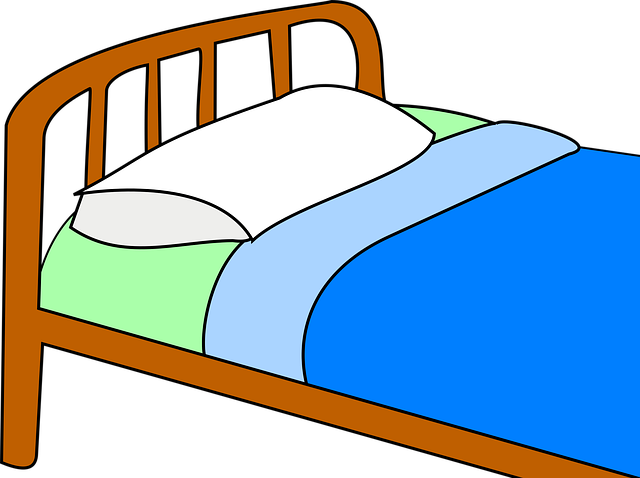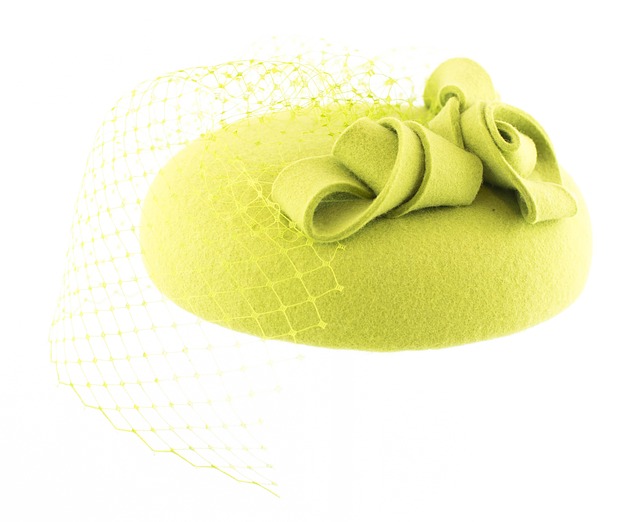Family dynamics play a pivotal role in an individual's addiction recovery, making family therapy and art therapy integral parts of effective rehabilitation centers. These programs address intergenerational trauma, improve communication through creative expression, teach healthy boundary setting, and provide crisis intervention skills. By integrating holistic approaches, these centers strengthen support systems for sobriety, enhancing overall recovery effectiveness and promoting long-term well-being.
Family therapy sessions play a pivotal role in rehabilitation, focusing on relationships, boundaries, and communication within families. These sessions, often held at rehabilitation centers that offer art therapy, provide a safe space for individuals in recovery to explore dynamic interactions and address underlying issues. Through activities like art therapy, family members gain insights into one another’s perspectives, fostering healthier expressions of love and support while establishing firm yet empathetic boundaries.
- Understanding Family Dynamics in Recovery
- The Role of Art Therapy in Communication
- How Therapy Sessions Facilitate Healthy Boundaries
Understanding Family Dynamics in Recovery

Family dynamics play a pivotal role in an individual’s journey towards recovery from addiction. Rehabilitation centers that offer art therapy and other holistic approaches recognize this interconnectedness, understanding that family relationships can either hinder or facilitate healing. In many cases, unhealthy communication patterns, boundaries, and unresolved conflicts within families contribute to the development of addictive behaviors and complicate the path to sobriety.
Through family therapy sessions, individuals in recovery gain valuable insights into their familial dynamics, learning to recognize how past experiences and intergenerational trauma might influence their current relationships. This process equips them with essential coping mechanisms, such as effective communication skills, conflict resolution strategies, and stress management techniques, including those offered in workshops designed specifically for addiction recovery. By addressing these underlying issues, family therapy sessions foster a supportive environment, enhancing the effectiveness of sobriety support and crisis intervention training.
The Role of Art Therapy in Communication

Art therapy offers a unique and powerful tool to facilitate communication within family therapy sessions, especially in rehabilitation centers that offer art therapy as part of their holistic wellness programs. Through creative expression, individuals can convey emotions and experiences that may be difficult to articulate verbally, fostering deeper understanding among family members. This non-verbal form of communication allows participants to explore complex dynamics, untangle feelings, and gain insights into one another’s perspectives.
In the context of recovery from substance use disorders, art therapy can play a significant role in addressing past traumas, processing grief, and expressing hopes for the future. It provides an alternative means of self-expression, particularly beneficial for those who struggle with verbalizing their inner world or have experienced trauma that impairs traditional communication. Rehabilitation centers integrating art therapy into their evidence-based medications for withdrawal management and holistic wellness programs prioritize not only physical healing but also the restoration of healthy communication dynamics within families, contributing to sustained recovery and overall well-being.
How Therapy Sessions Facilitate Healthy Boundaries

Family therapy sessions play a pivotal role in facilitating healthy boundaries within rehabilitation centers that offer art therapy and other holistic approaches. Through structured interactions, participants learn to define personal limits and communicate them effectively. This involves discussing open-ended questions about emotional triggers, past experiences shaping current behaviors, and identifying signs of potential boundary crossings. By creating a safe space where every family member feels heard, these sessions help unmask underlying issues that may have contributed to unhealthy dynamics.
The process empowers individuals to recognize when boundaries are being violated or respected, fostering an environment conducive to mental health help. Art therapy, in particular, offers a creative outlet for expression, allowing clients to explore and communicate their feelings symbolically. This non-verbal form of communication can be particularly effective for those who struggle with verbalizing emotions. Moreover, healthy sleep habits coaching and crisis intervention training, often integrated into these sessions, equip families with the tools needed to recognize emergency situations and respond appropriately, ensuring everyone’s well-being both within and outside the therapeutic setting.
Family therapy sessions play a vital role in the rehabilitation process, offering a safe space to explore and improve relationships, boundaries, and communication. By addressing these key aspects, individuals and families can foster healthier dynamics, which is particularly beneficial for those in recovery. Rehabilitation centers that offer art therapy, for instance, utilize creative expression to facilitate open dialogue and understanding, making it an effective tool within these sessions. Through dedicated exploration and practice, participants can develop stronger connections and learn to navigate their relationships with greater harmony.






